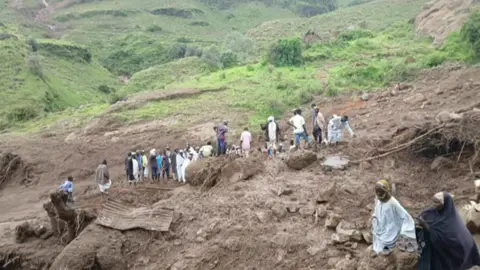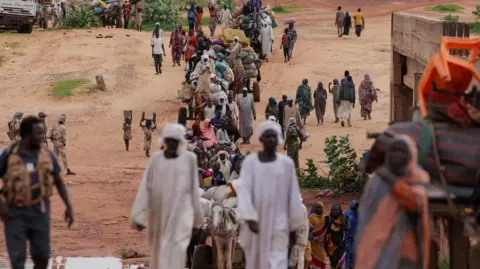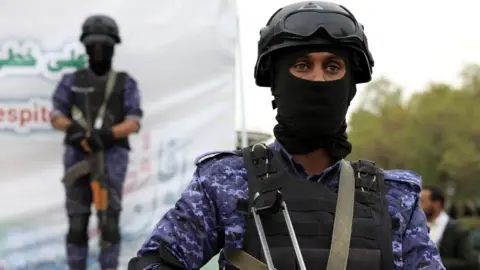The newly formed Committee for Civil Peace, created by Syria’s transitional government following the 14-year civil war, aimed to rebuild a fractured nation. Instead, it has amplified existing divisions among those who supported the uprising against the regime. Critics argue that the committee's cooperation with former Assad supporters undermines accountability for past atrocities.
This discontent reached a boiling point during the Muslim holiday of Eid al-Adha when the committee unexpectedly released numerous former soldiers from the ousted regime, asserting they were not involved in criminal activities. Activist Rami Abdelhaq voiced the frustrations felt by many: “What everyone has been waiting for since Assad’s fall is to see the punishment of those who committed war crimes, to see transitional justice take place." The unexpected leniency toward these soldiers has incited calls for protests amidst rising public outrage.
The committee's establishment was a response to violence and retribution between communities, particularly following the mass killings of Alawites—a sect closely associated with Assad’s power structure. Critics have pointed out that the Alawite community has faced violence from other groups, leading to heightened tensions.
The situation remains complex and volatile, as citizens grapple with their desire for accountability and the need for peace in a country deeply scarred by years of turmoil.
This discontent reached a boiling point during the Muslim holiday of Eid al-Adha when the committee unexpectedly released numerous former soldiers from the ousted regime, asserting they were not involved in criminal activities. Activist Rami Abdelhaq voiced the frustrations felt by many: “What everyone has been waiting for since Assad’s fall is to see the punishment of those who committed war crimes, to see transitional justice take place." The unexpected leniency toward these soldiers has incited calls for protests amidst rising public outrage.
The committee's establishment was a response to violence and retribution between communities, particularly following the mass killings of Alawites—a sect closely associated with Assad’s power structure. Critics have pointed out that the Alawite community has faced violence from other groups, leading to heightened tensions.
The situation remains complex and volatile, as citizens grapple with their desire for accountability and the need for peace in a country deeply scarred by years of turmoil.

















